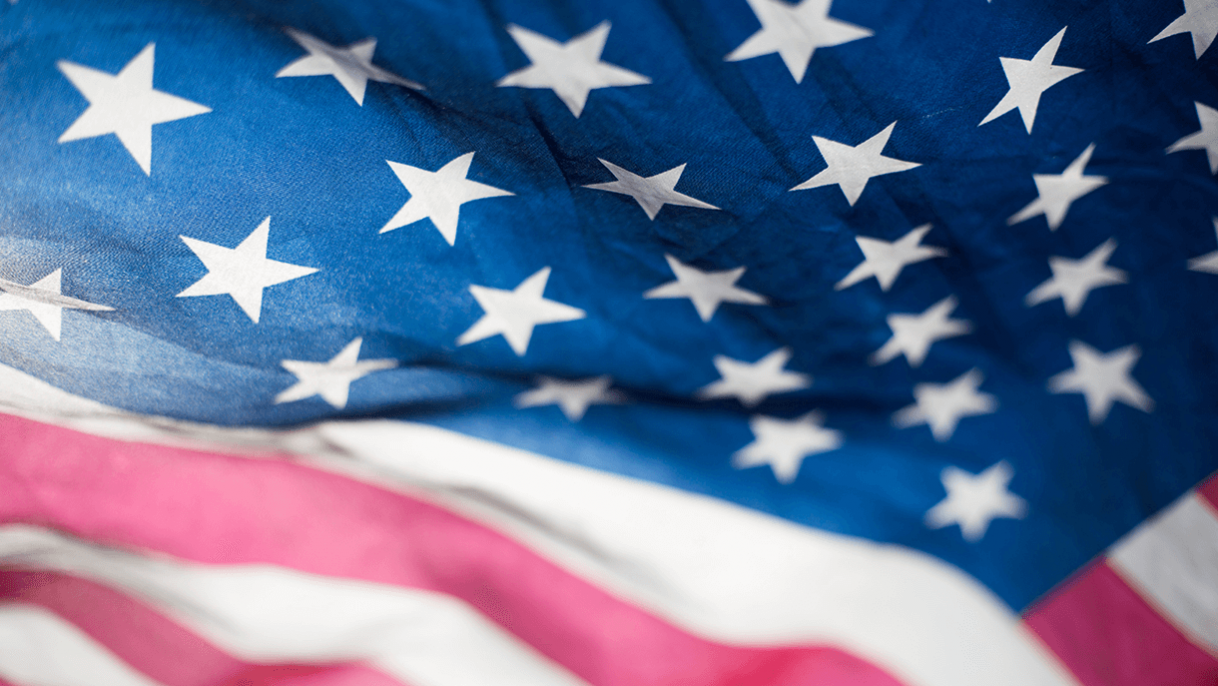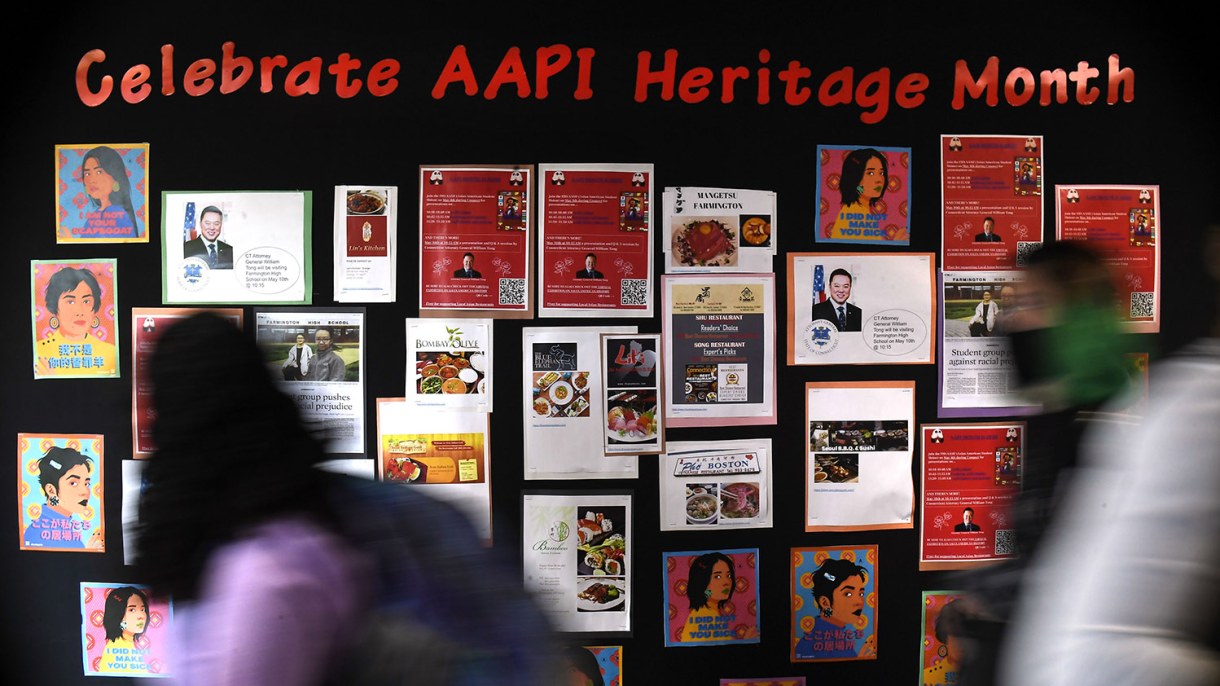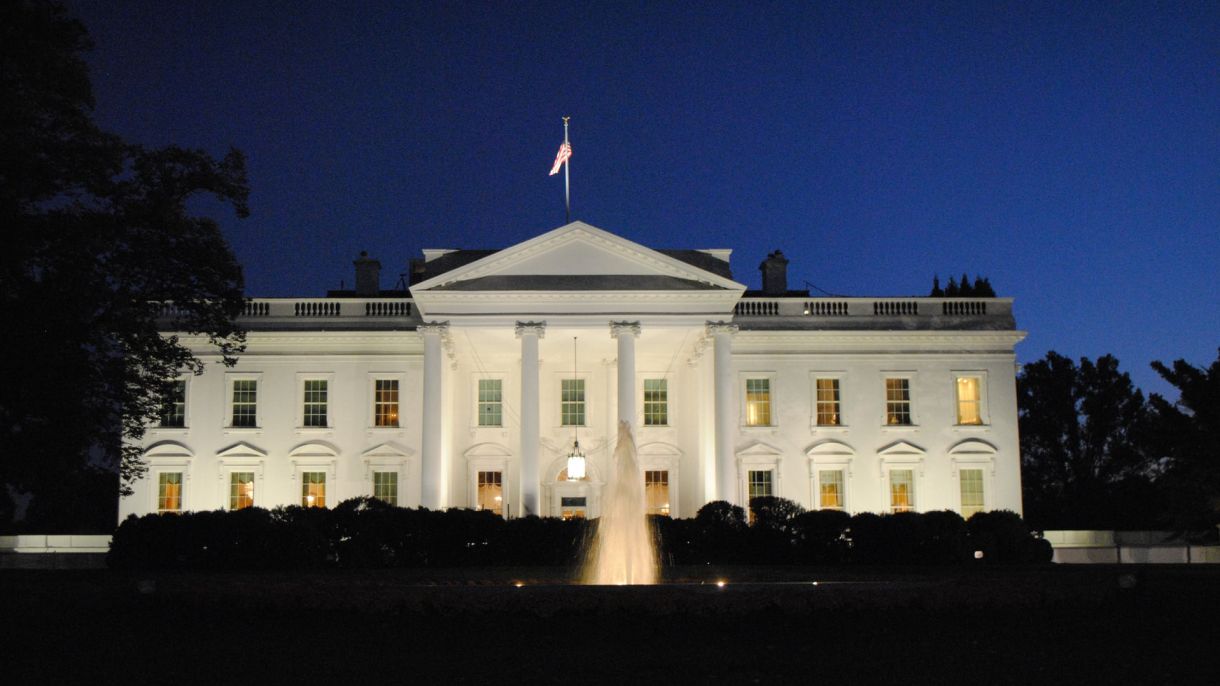Fully-matching results
-
 US Foreign PolicyiStock
US Foreign PolicyiStockCelebrating and Empowering the Next Generation | Chicago Council on Global Affairs
Senior Fellow Elizabeth Shackelford reflects on how the Council helps students dive in.
-
US Foreign PolicyReuters
The US Has No Good Options for How to Approach China
Moving forward, Washington can either oppose, embrace, or ignore Beijing, Paul Poast writes.
-
Climate and the EnvironmentReuters
Millennials and Gen Z Sound the Alarm on Climate Change | Chicago Council on Global Affairs
While younger Americans are most concerned about climate change, pluralities of each generation are ready to take action to prevent it.
-
Defense and SecurityREUTERS
Preventing US Allies from Going Nuclear | Chicago Council on Global Affairs
Ivo Daalder, Chuck Hagel, Malcolm Rifkind, and Kevin Rudd join Brian Hanson to explain why the current security environment could restart nuclear proliferation.
-
 Public OpinionLucas Sankey
Public OpinionLucas Sankey2018: Year in Chicago Council Surveys | Chicago Council on Global Affairs
In 2018, the Council captured public and opinion leader attitudes on some of the most pressing foreign policy issues.
-
US Foreign Policy
Selling the China Threat
Council President Ivo Daalder discusses how history, politics, and public opinion are reshaping the US-China relationship with Defense One.
-
 Public OpinionAP Photos
Public OpinionAP PhotosAsian Americans Are True Internationalists | Chicago Council on Global Affairs
More so than any other racial or ethnic group, Asian, Native Hawaiian, and Pacific Islander Americans want the United States to play an active part in global affairs.
-
Public OpinionReuters
Americans Support Infrastructure Investment | Chicago Council on Global Affairs
Public support for the 2021 infrastructure bill breaks across party lines and may miss the connection to US competitiveness.
-
 Public OpinionTabrez Syed
Public OpinionTabrez SyedHow Popular is US Foreign Policy? | Chicago Council on Global Affairs
Richard Wike joins the Council's Dina Smeltz and Brian Hanson to examine the current global perception of American foreign policy.
-
US Foreign PolicyREUTERS
Be Wary of China Threat Inflation
"The China threat is being inflated in ways that, as with the Soviet threat in the Cold War and terrorism post-9/11, are counterproductive for foreign-policy strategy and distort domestic politics in dangerous ways," Bruce Jentleson argues.


